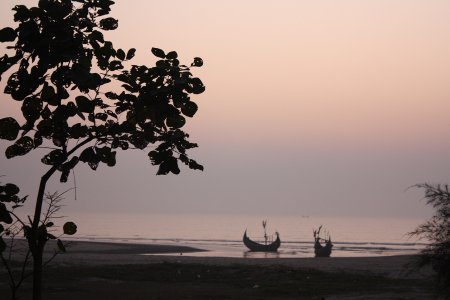 Opinion
Opinion
10/23/2017
Marc Le Pape
How can anyone write about Rwanda without being called a denialist? Marc Le Pape tries to craft an answer in this article, published on the website The Conversation on 19 October 2017.
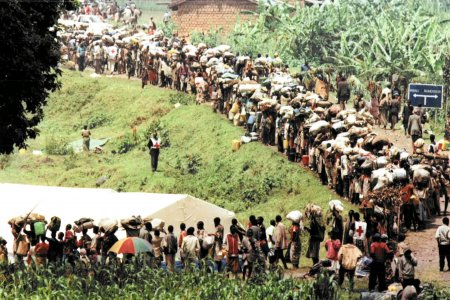 John Parkin
Interview
John Parkin
Interview
01/10/2018
Marc Le Pape
Jean-Hervé Bradol
How much is known about the daily experiences of humanitarian workers in extreme situations such as major conflict or disaster? In their new book, “Humanitarian Aid, Genocide and Mass Killings: Médecins sans frontières, the Rwandan experience, 1982-97”, Marc Le Pape and Jean-Hervé Bradol set out to answer some of these questions. The book is also informed by Bradol’s experience of working for Médecins Sans Frontières in Rwanda during the genocide.
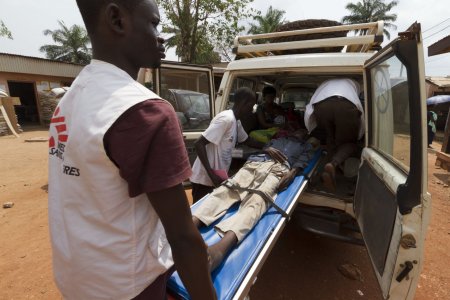 Andre Quillien
Review
Andre Quillien
Review
11/24/2017
Kevin McMahon
Kevin MacMahon's review of "Saving Lives and Staying Alive: Humanitarian Security in the Age of Risk Management" (Michaël Neuman and Fabrice Weissman, London: C. Hurst & Co, 2016) is published in the Journal for the Study of Peace and Conflict (2016, pages 69-70).
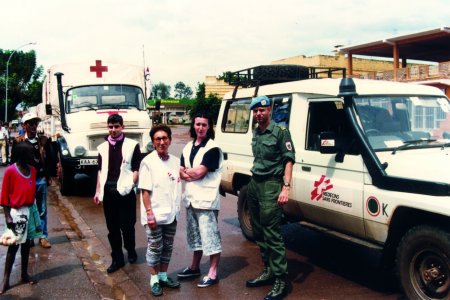 Xavier Lassalle
Op-ed
Xavier Lassalle
Op-ed
10/27/2017
Jean-Hervé Bradol
This op-ed article was published on 27 October 2017 in the French weekly Marianne. He writes it in the backdrop of a controversy around a "Que Sais-Je" book on Rwanda published by the Belgian researcher, Filip Reyntjens and the accusations against him that he rewrites history and seeks to minor the genocide of the Tutsis in 1994.
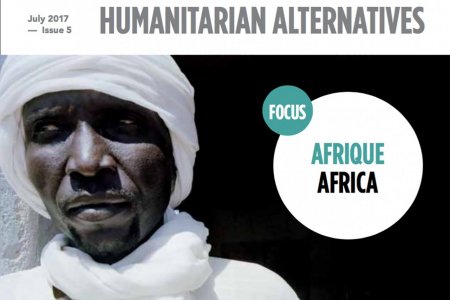 Alternatives Humanitaires
Interview
Alternatives Humanitaires
Interview
07/05/2017
Marc Le Pape
Marc Le Pape, sociologist and member of MSF-Crash Scientific Committee, is interviewed by Boris Martin, Editor-in-chief of Alternatives Humanitaires, about his and Jean-Hervé Bradol's latest book "Humanitarian aid, genocide and mass killings: MSF, the Rwandan experience (1982-1977)".
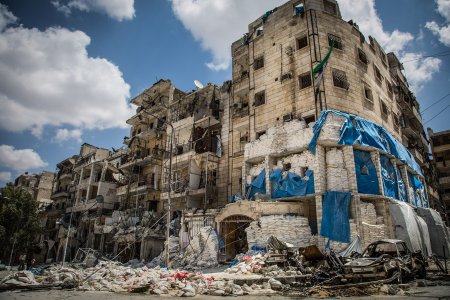 Karam Almasri
Interview
Karam Almasri
Interview
02/15/2017
Pierre Mendiharat
Interview with Pierre Mendiharat, deputy director of operations (MSF).
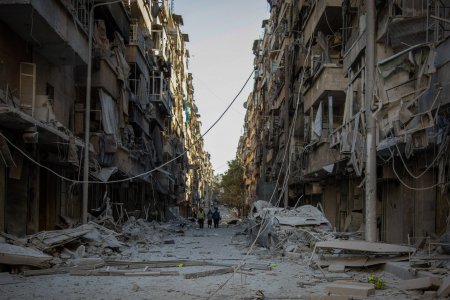 Karam Almasri
Interview
Karam Almasri
Interview
01/27/2017
Jean-Hervé Bradol
Matthieu Rey
Interview with Jean-Hervé Bradol, MSF-Crash research director, and Matthieu Rey, CNRS researcher attached to IREMAM (Muslim and Arab World Research Institute) and member of the WAFAW research programme.
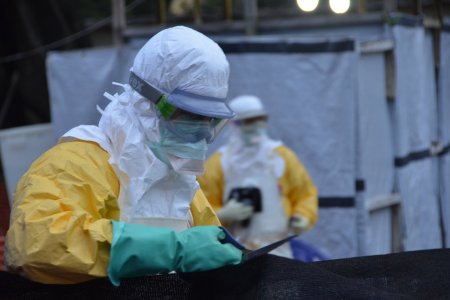 Julien Rey
Op-ed
Julien Rey
Op-ed
04/15/2016
Fabrice Weissman
Michaël Neuman
Since the 1990s and the rise of conflicts in West Africa, Somalia, Chechnya, the former Yugoslavia and Africa's Great Lakes region, humanitarian organisations have been warning of greater insecurity for their staff. These observations are bolstered by surveys aimed at objectively quantifying violence against humanitarian workers.
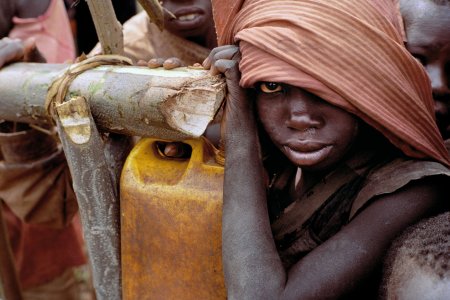 Ian Berry
Analysis
Ian Berry
Analysis
08/01/2000
Rony Brauman
Stephen Smith
Not having seen the genocidal drift of Hutu Power in 1994 coming, the international community grants Paul Kagame's RPF the impunity of victims. Yet such power also lends itself to criminal acts. The authors express their indignance that NGOs and international organisations - invoking the duty of remembrance - join in the endless evocation of the past that masks the political phenomena at the root of the current violence.
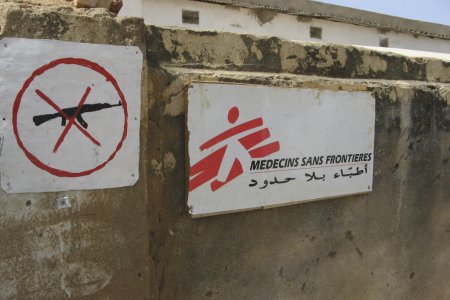 Marjolein Debruycker
Analysis
Marjolein Debruycker
Analysis
02/22/2007
Fabrice Weissman
Fabrice Weissman looks at the major stages of the Darfur conflict since 2003 from the perspective of a humanitarian medical organisation. He questions the predominant reading of this crisis, and cautions against the illusions of international armed intervention in the region.
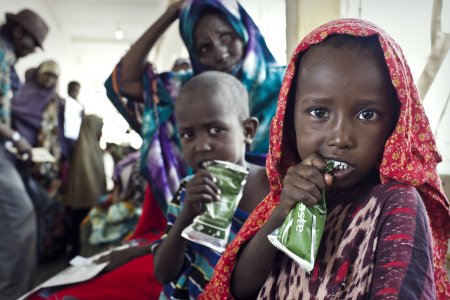 Sven Torfinn
Opinion
Sven Torfinn
Opinion
09/19/2011
Rony Brauman
In the context of emergency appeals in the Horn of Africa, Rony Brauman recalls the contemporary definition of a famine. While recognising the progress made in major crisis response mechanisms, he questions the alarmist attitude of the UN.
 Opinion
Opinion




